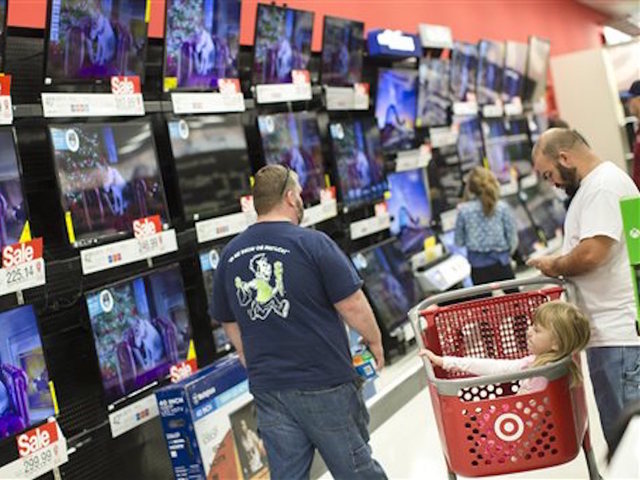If you’re an AT&T customer, you and your mobile carrier might be at odds over the definition of "unlimited."
Or, at least according to the Federal Trade Commission. The FTC leveled charges against the mobile company Tuesday — claiming it was throttling mobile Internet speeds to customers paying for unlimited data.
Specifically, the complaint alleges AT&T cut Internet speeds more than 25 million times, affecting 3.5 million customers who have unlimited data plans. (Video via AT&T)
And, according to the suit, at its worst it wasn’t just cutting speeds a little bit — sometimes slashing mobile speeds by more than 90%.
Edith Ramirez, an FTC commissioner, said in a tweet: “.@ATT promised its customers ‘unlimited’ data, & failed to deliver on that promise. The issue is simple: unlimited means unlimited.”
And actually, it’s AT&T using the word “unlimited” that might be the problem.
In a 2011 statement AT&T announced it would be throttling speeds for heavy data users with unlimited data plans — though it continued to call those plans “unlimited.” AT&T argued users could still use all the data they wanted, just at slower speeds.
The allegations mark the second run in between AT&T and the FTC this month. As Re/code notes, just weeks ago AT&T paid $105 million dollars to settle charges it allowed “third-party companies to bill subscribers for millions of dollars in unauthorized charges.”
And according to The Washington Post, earlier this year the FCC went after AT&T rival Verizon over similar charges — for reportedly, “unveiling a plan to selectively slow down its unlimited data customers during periods of peak congestion.”
For their part, AT&T Senior Executive VP Wayne Watts called the case “baffling,” in a statement. He added, “The FTC’s allegations are baseless and have nothing to do with the substance of our network management program.”
According to Watts, the throttling only affects about 3% of AT&T customers.
This video includes images from Getty Images / Justin Sullivan.










